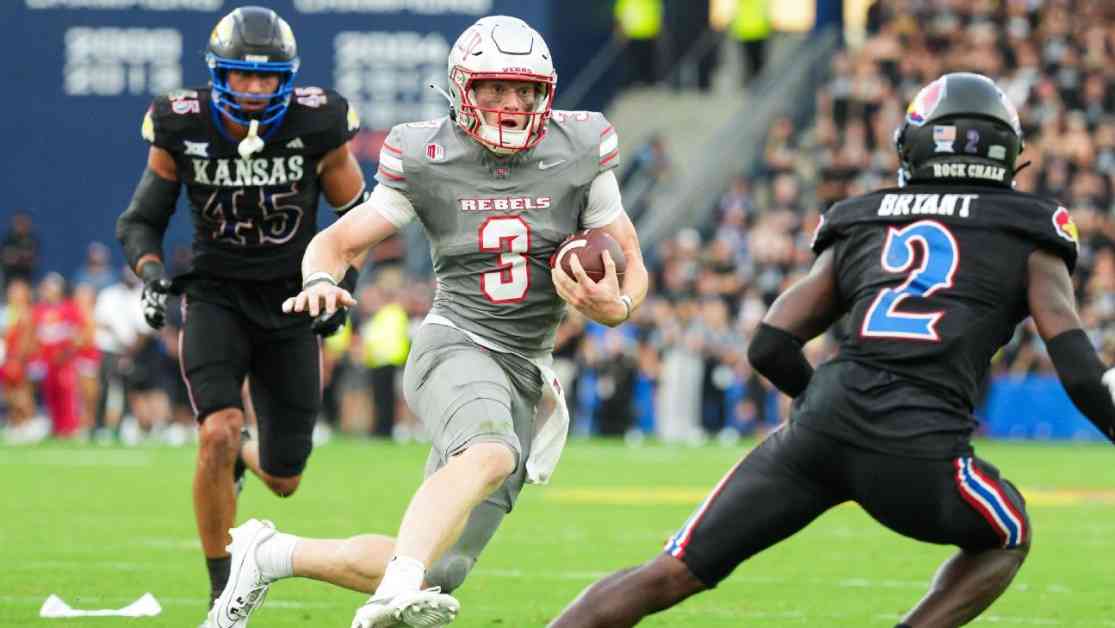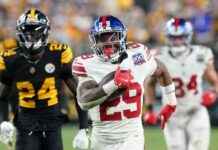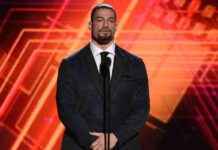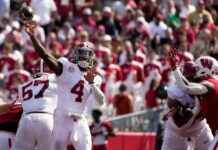UNLV quarterback Matthew Sluka made headlines this week when he left the undefeated Rebels over claims of unfulfilled verbal promises related to Name, Image, and Likeness (NIL) agreements. The situation sheds light on the complexities and uncertainties surrounding the current collegiate system for student-athletes.
Verbal Offer Controversy
The controversy began when Sluka’s agent, Marcus Cromartie, revealed that UNLV failed to honor a verbal offer of $100,000 made by an assistant coach. However, head coach Barry Odom later dismissed the offer as invalid since it did not come directly from him. Offensive coordinator Brennan Marion, who allegedly made the offer, declined to comment on the matter.
UNLV responded by stating that Sluka’s representative had made financial demands that violated NCAA pay-for-play rules and Nevada state law. The university emphasized that it had upheld all previously agreed-upon scholarships for Sluka and had paid him a $3,000 fee for a summer engagement.
The Friends of UNLV collective, which manages NIL agreements for the university, stated that no formal offers were made during Sluka’s recruitment process. They clarified that the only NIL agreement in place was for a community engagement event over the summer.
Conflicting Reports and Tensions
With conflicting reports about the nature of the verbal offer, the situation became increasingly tense. Sources indicated that Sluka had approached Odom about the promised money, leading to his decision to forgo practice and ultimately leave the team.
While UNLV offered $3,000 per month for four months, a significant discrepancy remained between this formal offer and the $100,000 verbal promise. Sluka’s camp maintained that they had not requested any changes to the original agreement and were simply seeking what was verbally promised.
The Ambiguity of NIL Rules
The case highlights the ambiguity and challenges posed by the current NIL rules in college athletics. With third parties often involved in negotiating and fulfilling NIL agreements, the lack of formal contracts can lead to misunderstandings and disputes. The absence of clear oversight and accountability in the NIL space further complicates matters for student-athletes and universities.
Potential Changes on the Horizon
The NCAA is currently facing an antitrust lawsuit that may result in a new system allowing schools to pay players directly. If approved, this change could provide more security and transparency for both athletes and teams by enabling direct contracts between them. However, until such reforms are implemented, the uncertainty surrounding verbal NIL offers may continue to impact student-athletes like Sluka.
Implications for UNLV and College Athletics
Sluka’s departure comes at a critical juncture for UNLV, as the team is enjoying a successful season and climbing in the rankings. The Rebels’ performance on the field, coupled with the decision on their conference future between the Pac-12 and Mountain West, underscores the significant stakes involved in college athletics.
Moving Forward
As Sluka explores his options for the future, including potentially transferring to another school, UNLV must regroup and adjust to the loss of their starting quarterback. The university’s handling of NIL agreements and the broader implications for college athletics will likely continue to be scrutinized in the evolving landscape of collegiate sports.
In Conclusion
The case of Matthew Sluka’s NIL dispute with UNLV highlights the challenges and complexities inherent in the current collegiate system. As discussions around NIL rules and athlete compensation evolve, it is crucial for universities, athletes, and governing bodies to navigate these issues with transparency, fairness, and accountability. Only through proactive measures and clear guidelines can the integrity of college athletics be preserved for the benefit of all involved parties.












